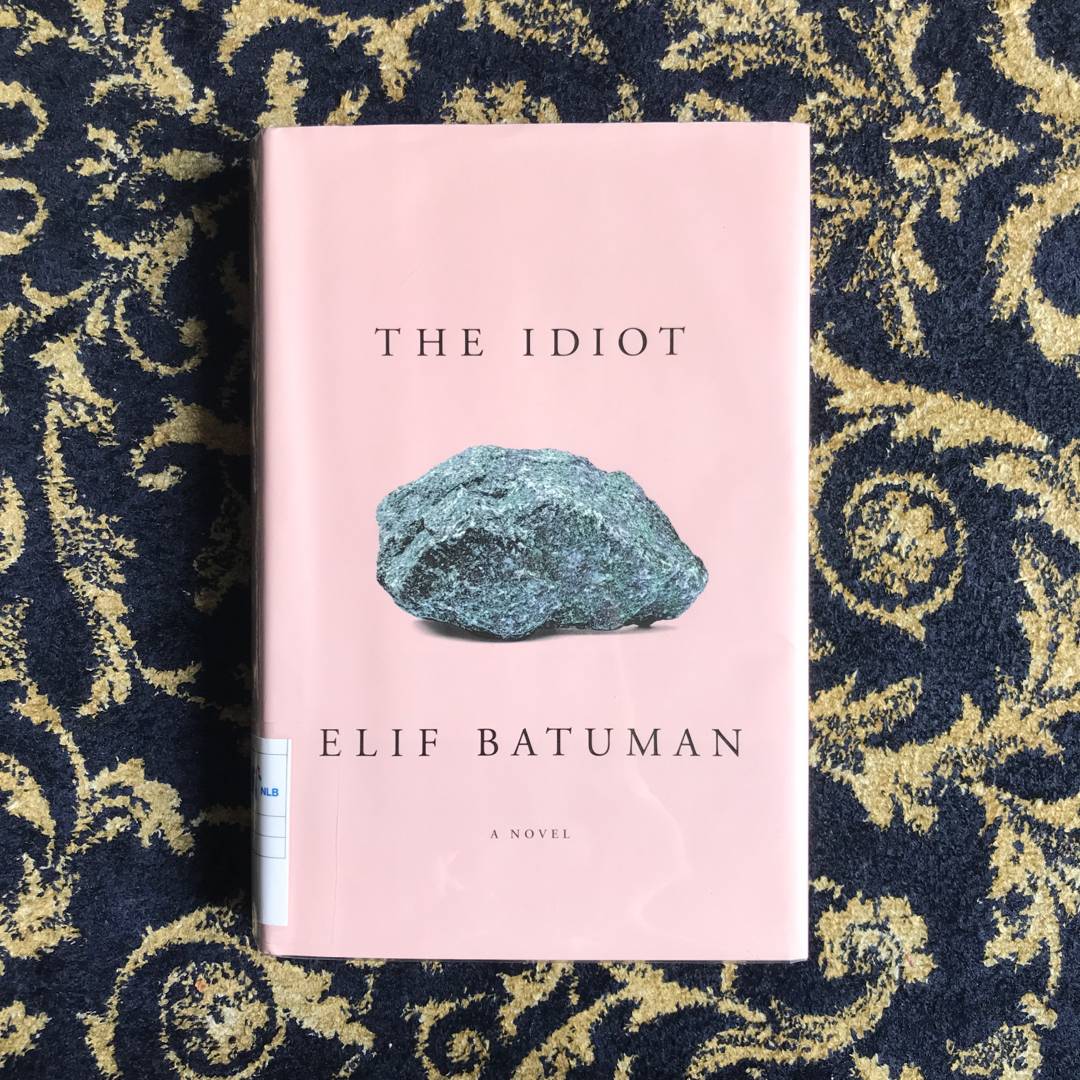
Suddenly it occurred to me that maybe the point of writing wasn‘t just to record something past but also to prolong the present, like in One Thousand and One Nights, to stretch out the time until the next thing happened...
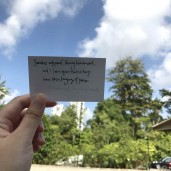

Suddenly it occurred to me that maybe the point of writing wasn‘t just to record something past but also to prolong the present, like in One Thousand and One Nights, to stretch out the time until the next thing happened...
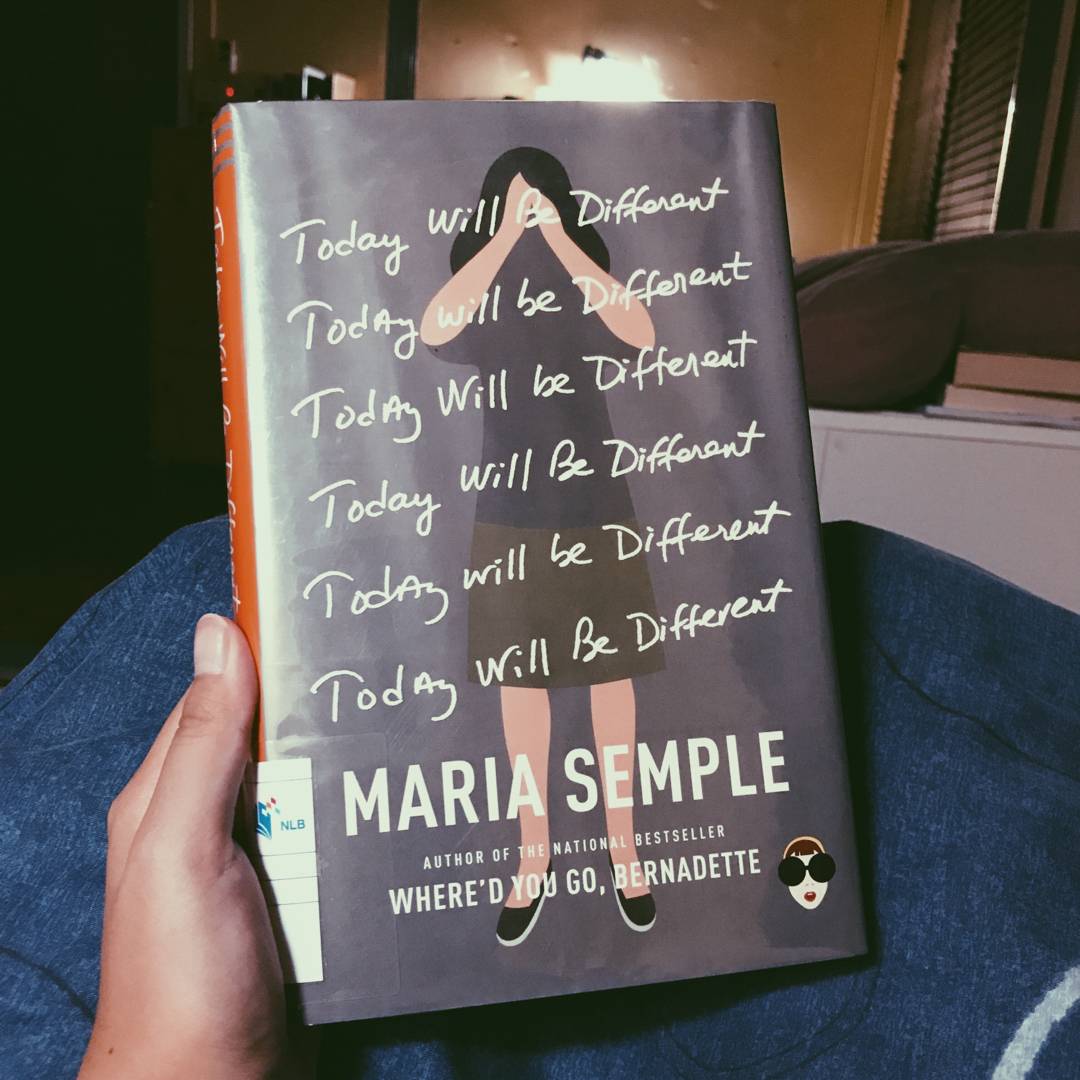
I knew then: If underneath anger was fear, then underneath fear was love. Everything came down to the terror of losing what you love.
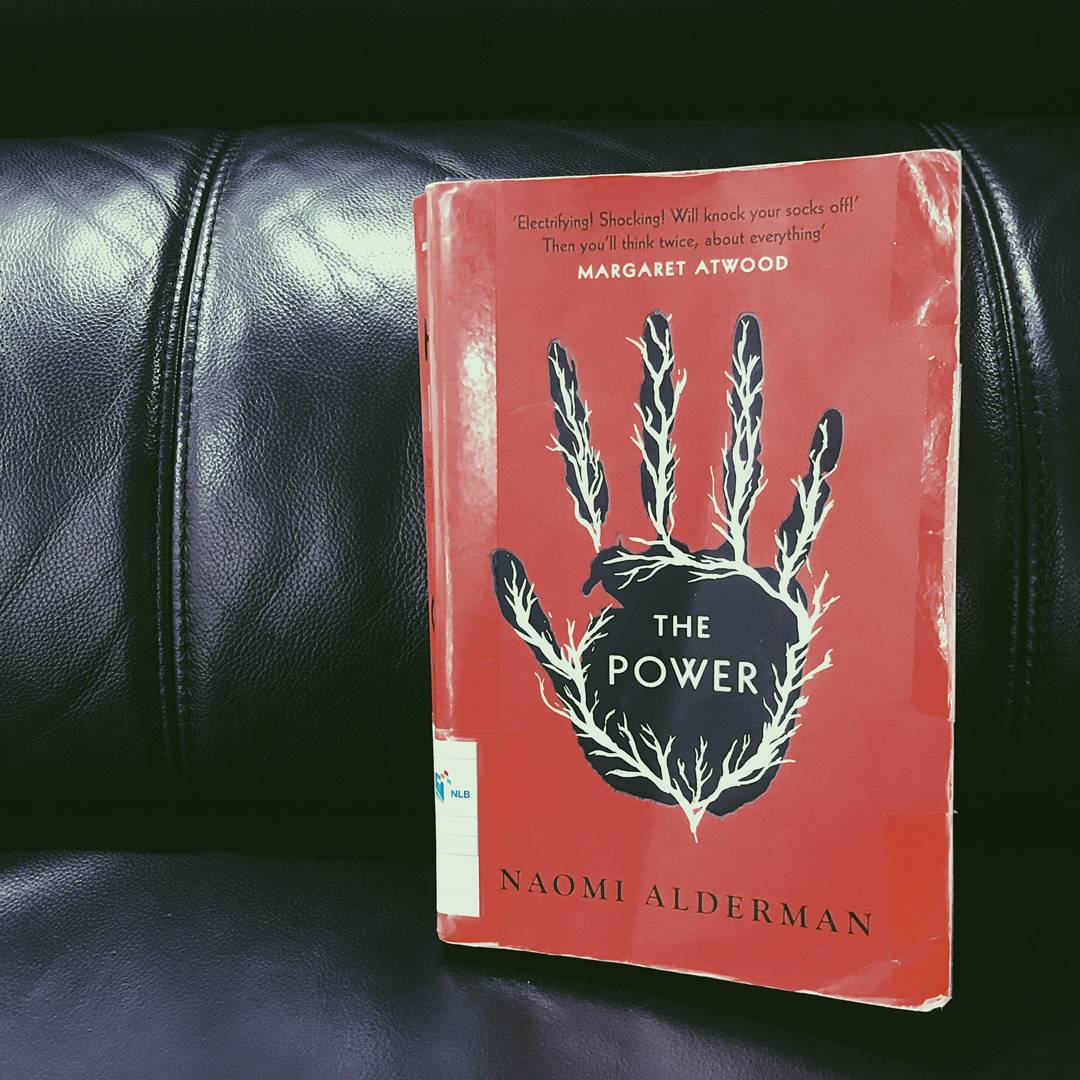
She could kill them. That is the profound truth of it.
[...]
It doesn‘t matter that she shouldn‘t, that she never would. What matters is that she could, if she wanted. The power to hurt is a kind of wealth.

You‘re bored. And I‘m going to let you in on a little secret about life. You think it‘s boring now? Well, it only gets more boring. The sooner you learn it‘s on you to make life interesting, the better off you‘ll be.
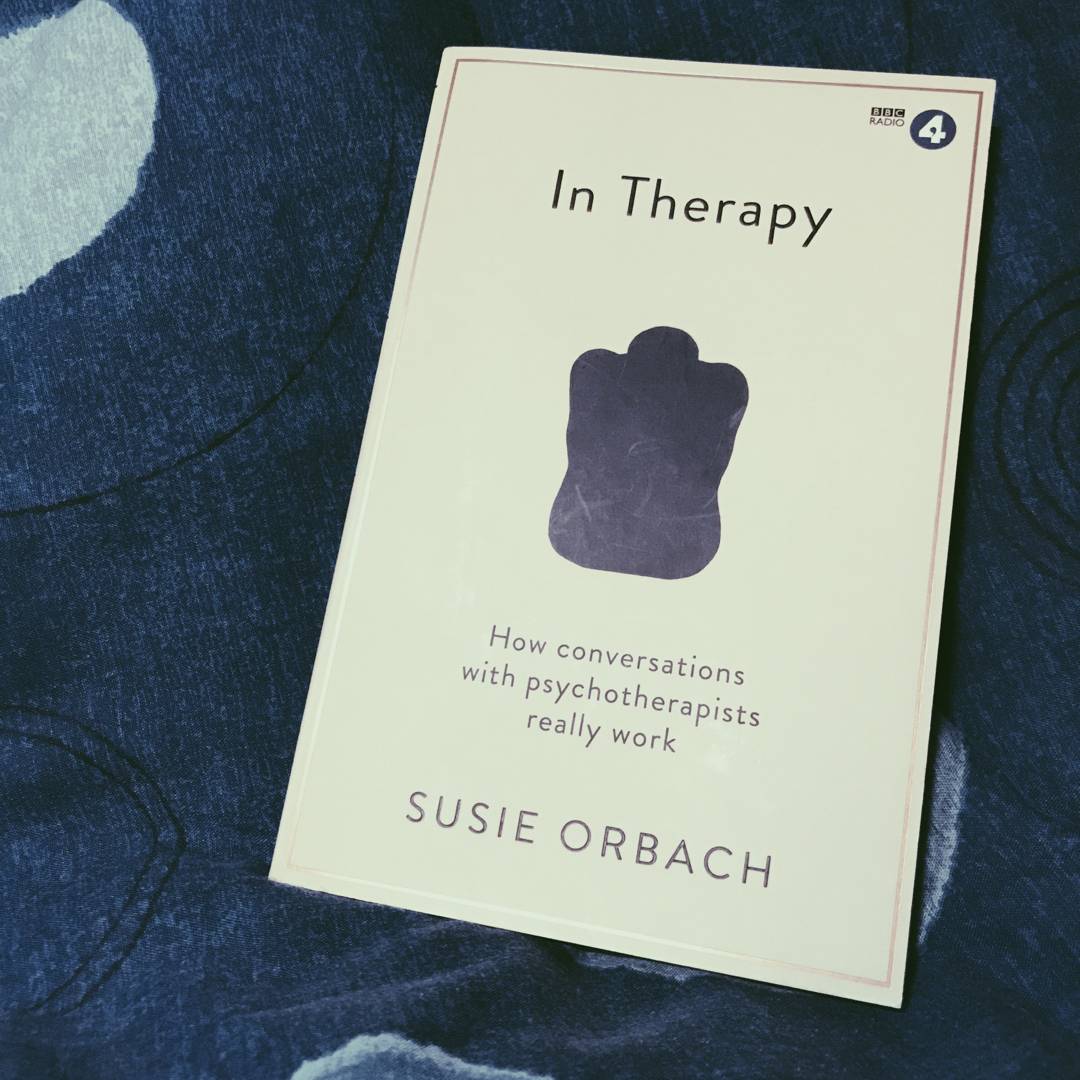
Encountering fear doesn‘t make it bigger or more real. Curiously, it can make it more manageable. Its shape can change and become porous and less monolithic.
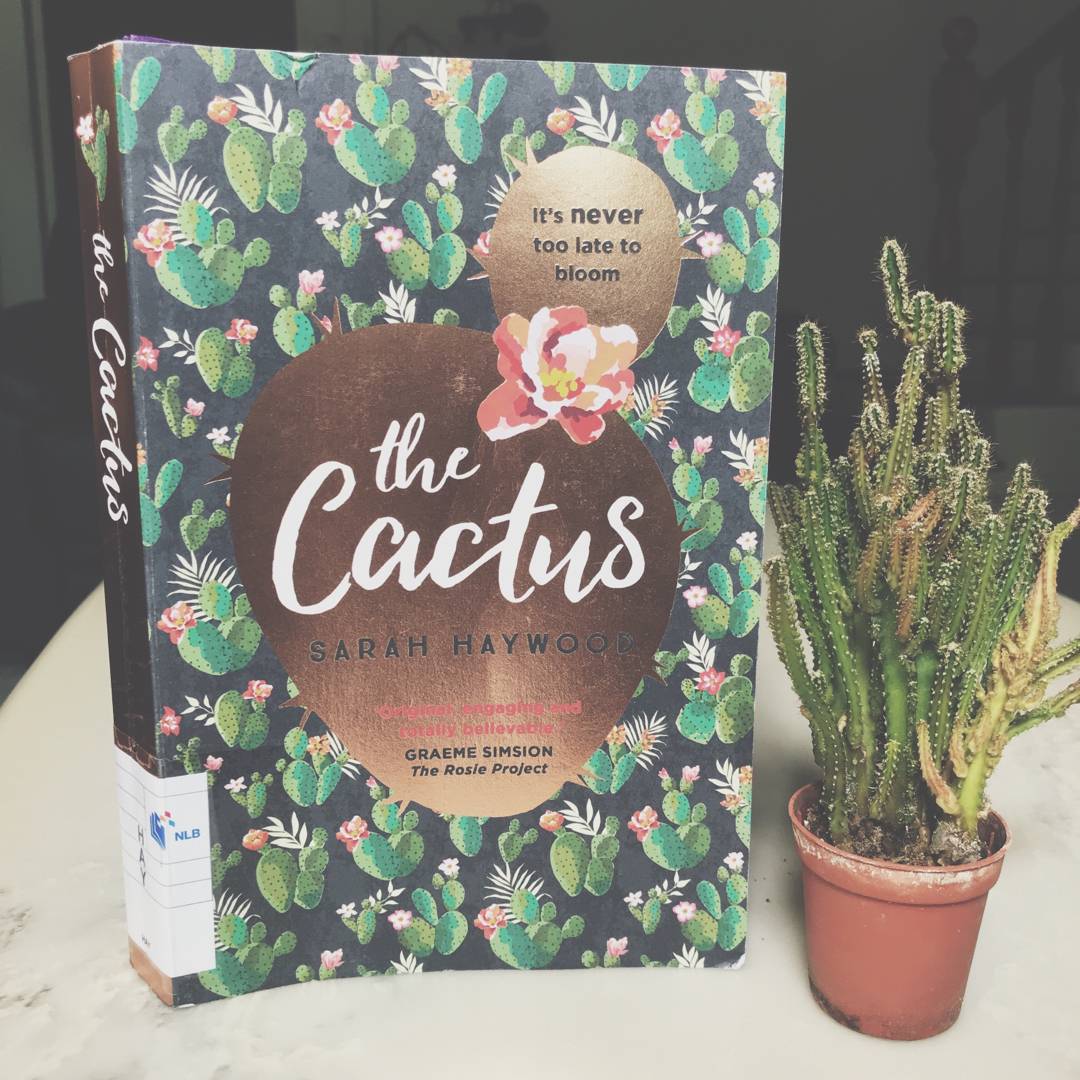
It could simply be, however, that I was aware from an early age that a close relationship with a boy or man - or indeed anyone - would undermine my freedom, dilute my individualism, take up precious time and cause the unnecessary expenditure of emotional energy. Looked at logically like that, it‘s astonishing that any rational person would want to engage in intimate relationships.
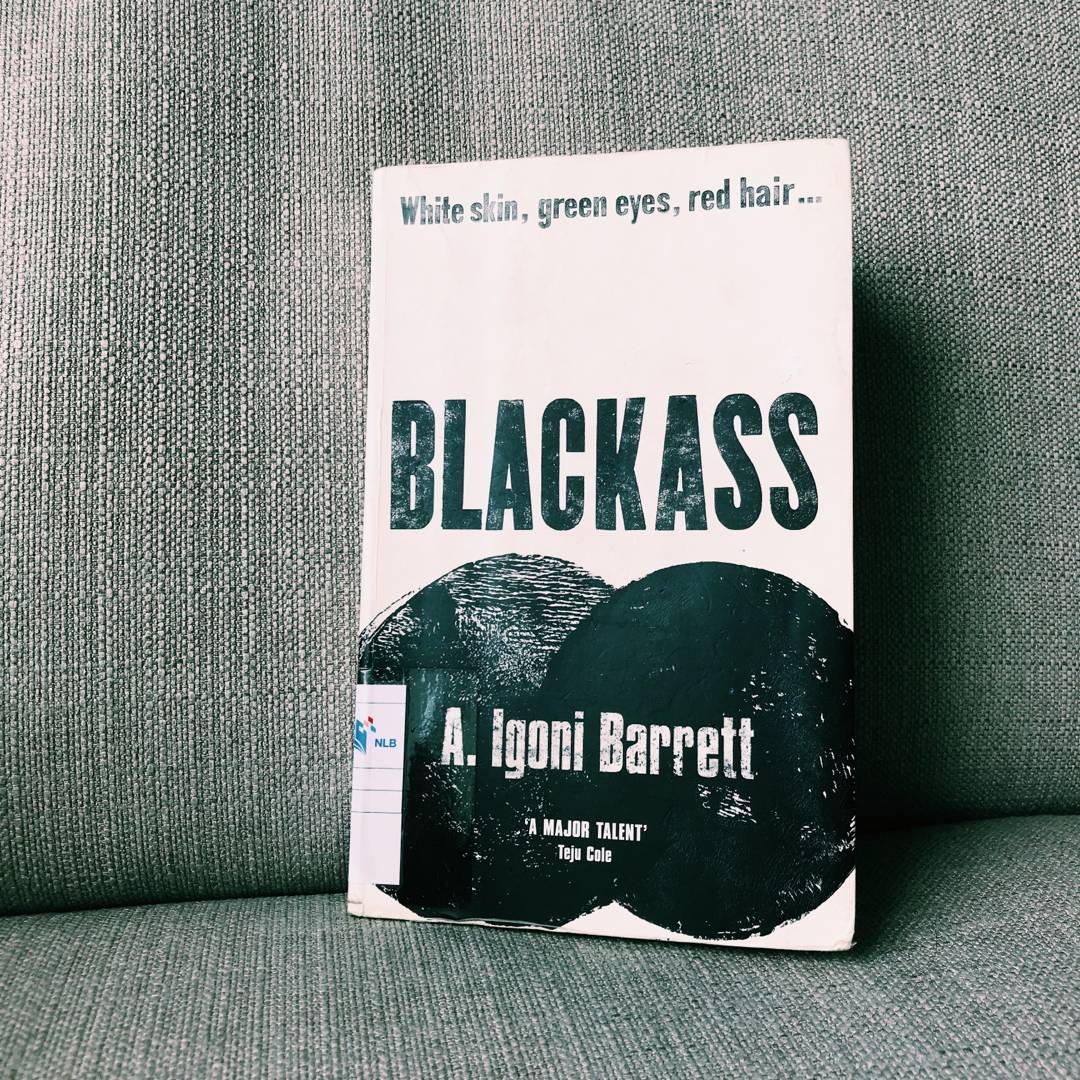
No one asks to be born, to be black or white or any colour in between, and yet the identity a person is born into becomes the hardest to explain to the world.

I was emerging as my own master, and no longer a cog. It might well be a world full of horrors and dangers that I should have to face, but I could take my own steps to deal with it - I would no longer be shoved hither and thither by forces and interests that I neither understood nor cared about.
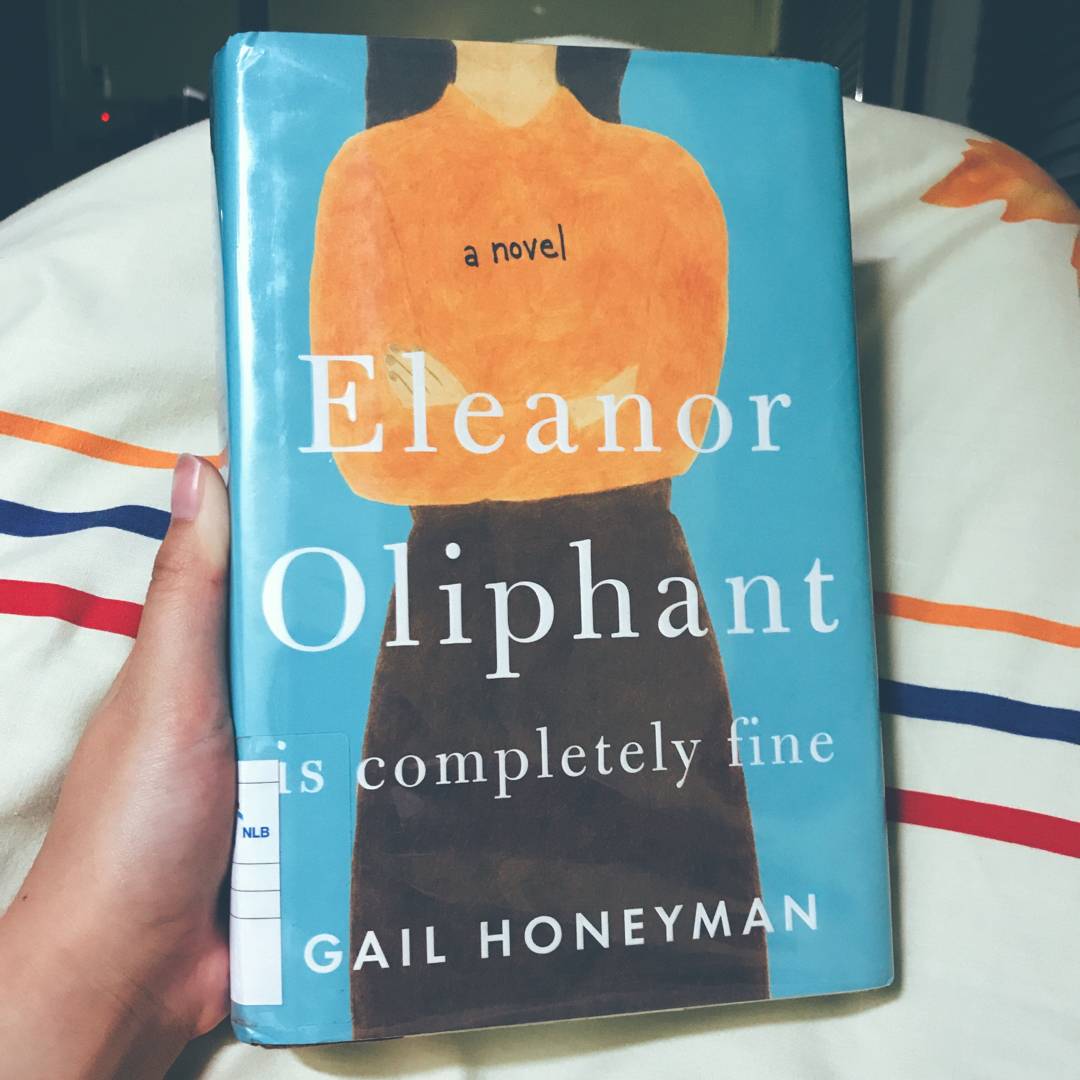
Some people, weak people, fear solitude. What they fail to understand is that there's something very liberating about it; once you realize that you don't need anyone, you can take care of yourself. That's the thing: it's best just to take care of yourself. You can't protect other people, however hard you try. You try, and you fail, and your world collapses around you, burns down to ashes.
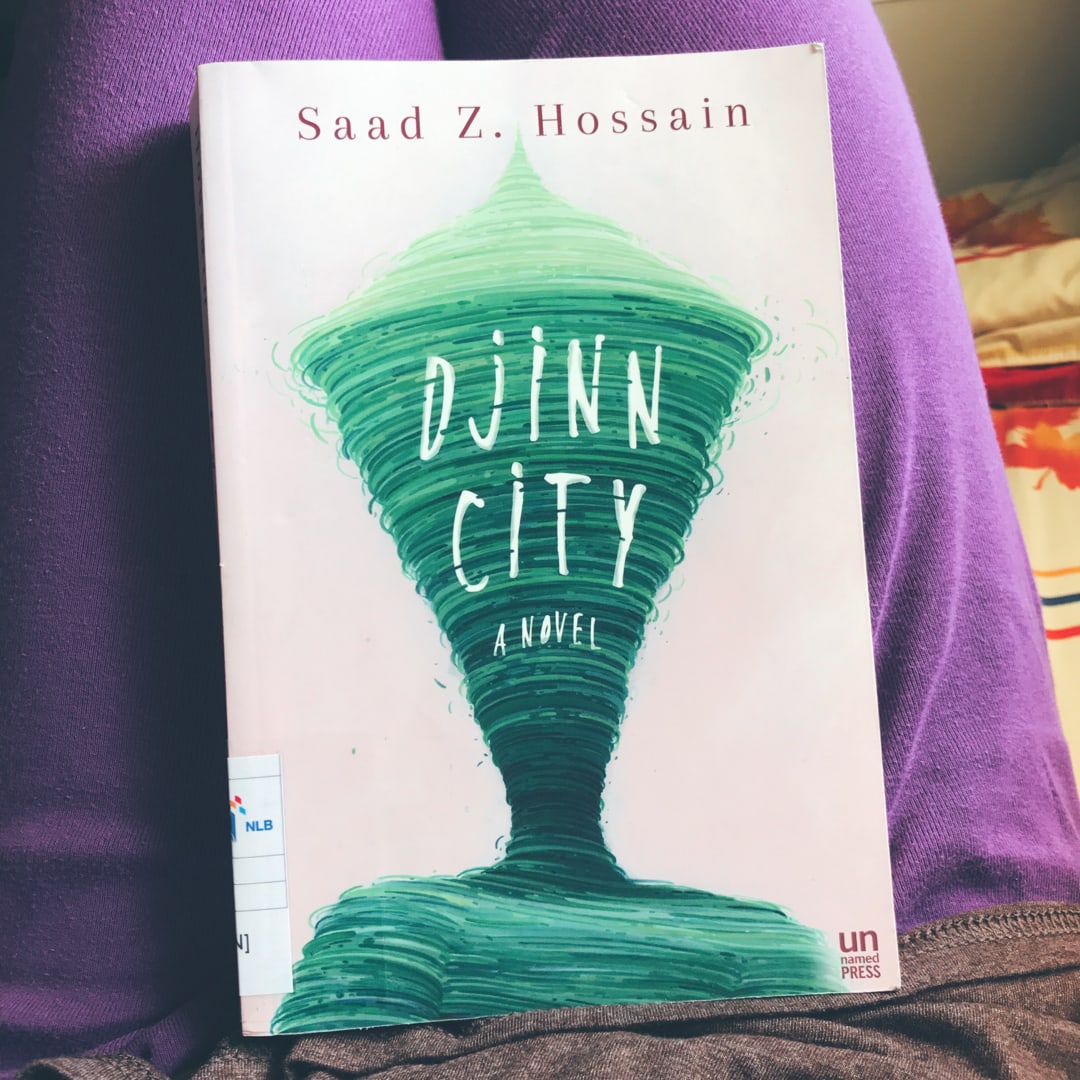
"Practice, my dear, and you will surely master it," Givaras said. "For those of us without brute strength, precision is the path we must follow. If you cannot be the hammer, why then be the scalpel."
Things that seem prohibitively hard when you look at the scale of the total problem, but more reasonable once you start to chip away at it.
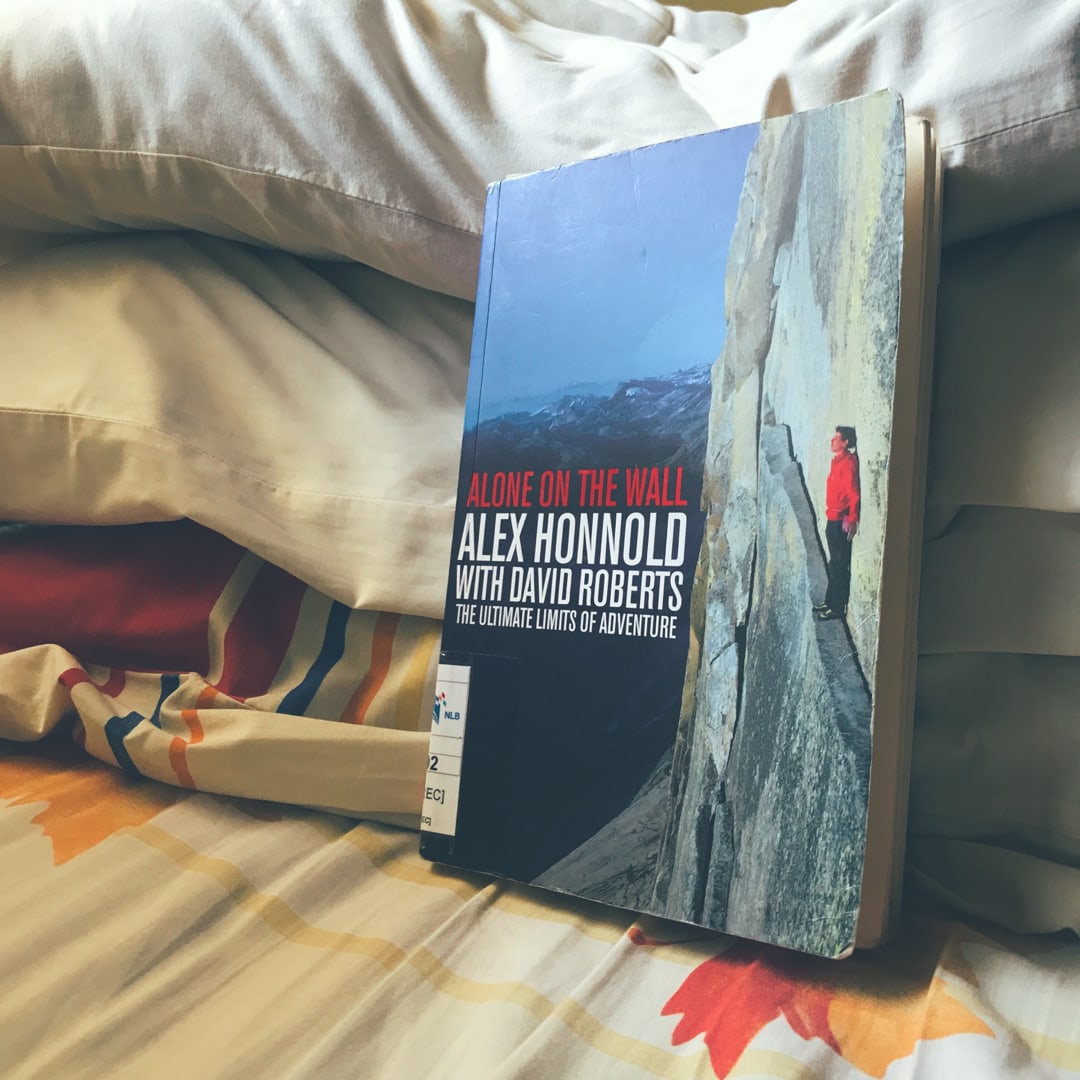
"...just because something is precious doesn't mean you have to baby it. Just like suburbanites who have shiny new SUV that they are afraid to dent. What's the point in having an amazing vehicle if you're afraid to drive it?
I'm trying to take my vehicle to new and interesting places. And I try my very best not to crash, but at least I take it out."
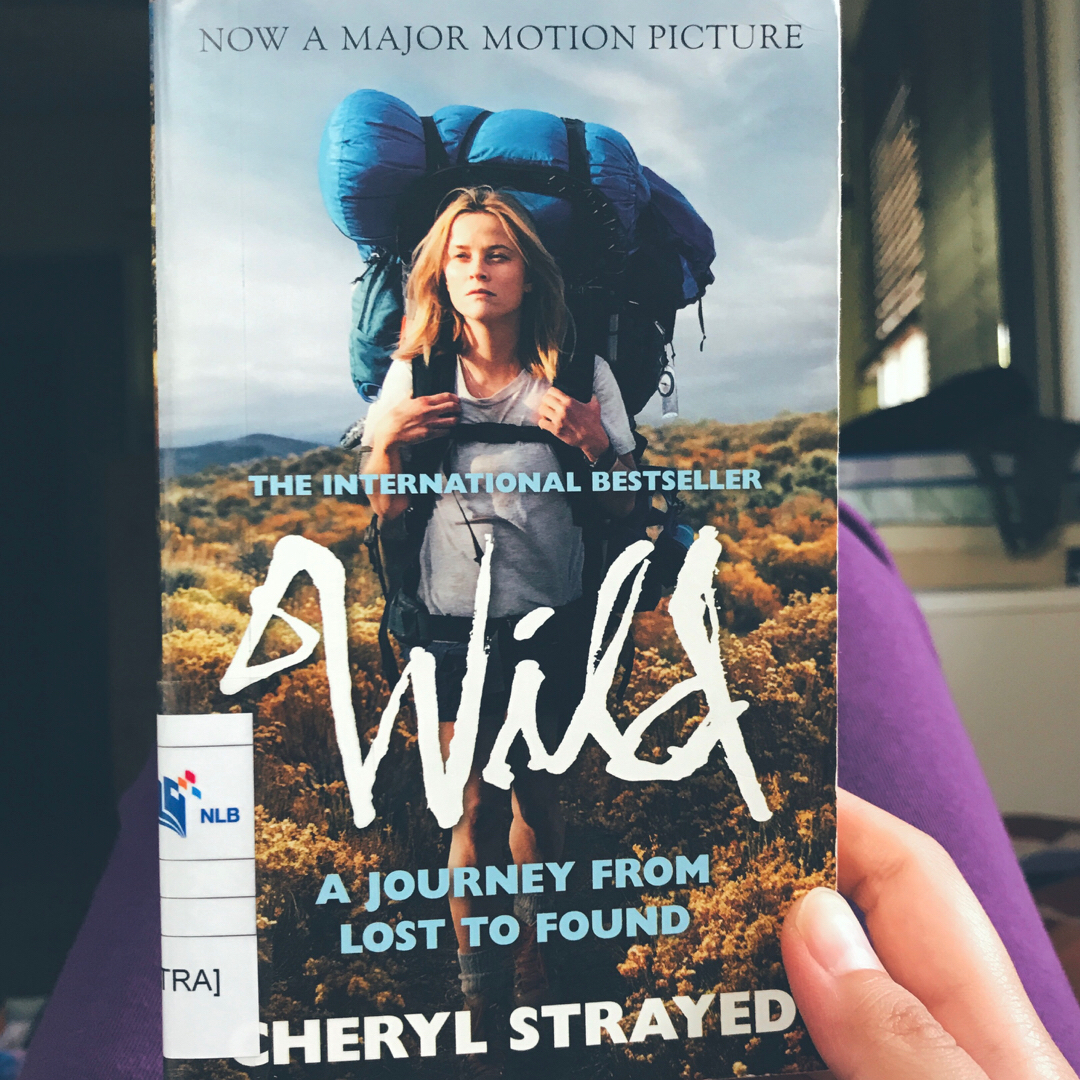
I'd set out to hike the trail so that I could reflect upon my life, to think about everything that had broken me and make myself whole again. But the truth was, at least so far, I was consumed only with my most immediate and physical suffering. Since I'd begun hiking, the struggles of my life had only fluttered occasionally through my mind.
...but I knew that the license to make mistakes becomes more limited with the passing of the years, so he who wants to take advantage of it must not wait too long. On the other hand, one must not wait too long to realise that a mistake is a mistake...
But there is trouble in store for anyone who surrenders to the temptation of mistaking an elegant hypothesis for a certainty: the readers of detective stories know this quite well.
We are here for this - to make mistakes and to correct ourselves, to stand the blows and hand them out.
He seemed to feel that he had wasted a day if he had not in some way gotten to the bottom of his reserve of energy, and then even his eyes became brighter and he explained to me that, with a sedentary life, a deposit of fat forms behind the eyes, which is not healthy; by working hard the fat is consumed and the eyes sink back into their sockets and become keener.
He had chosen chemistry because he had thought it better than other studies; it was a trade that dealt with things one can see and touch, a way to earn one's bread less tiring than working as a carpenter or a peasant.
One could draw from this two conflicting philosophical conclusions: the praise of purity, which protects from evil like a coat of mail; the praise of impurity, which gives rise to changes, in other words, to life.
I declared myself ready to forgive my enemies, and perhaps even to love them, but only when they showed certain signs of repentance, that is, when they ceased being enemies. In the opposite case, that of the enemy who remains an enemy, who perseveres in his desire to inflict suffering, it is certain that one must not forgive him: one can try to salvage him, one can (one must!) discuss with him, but it is our duty to judge him, not to forgive him.
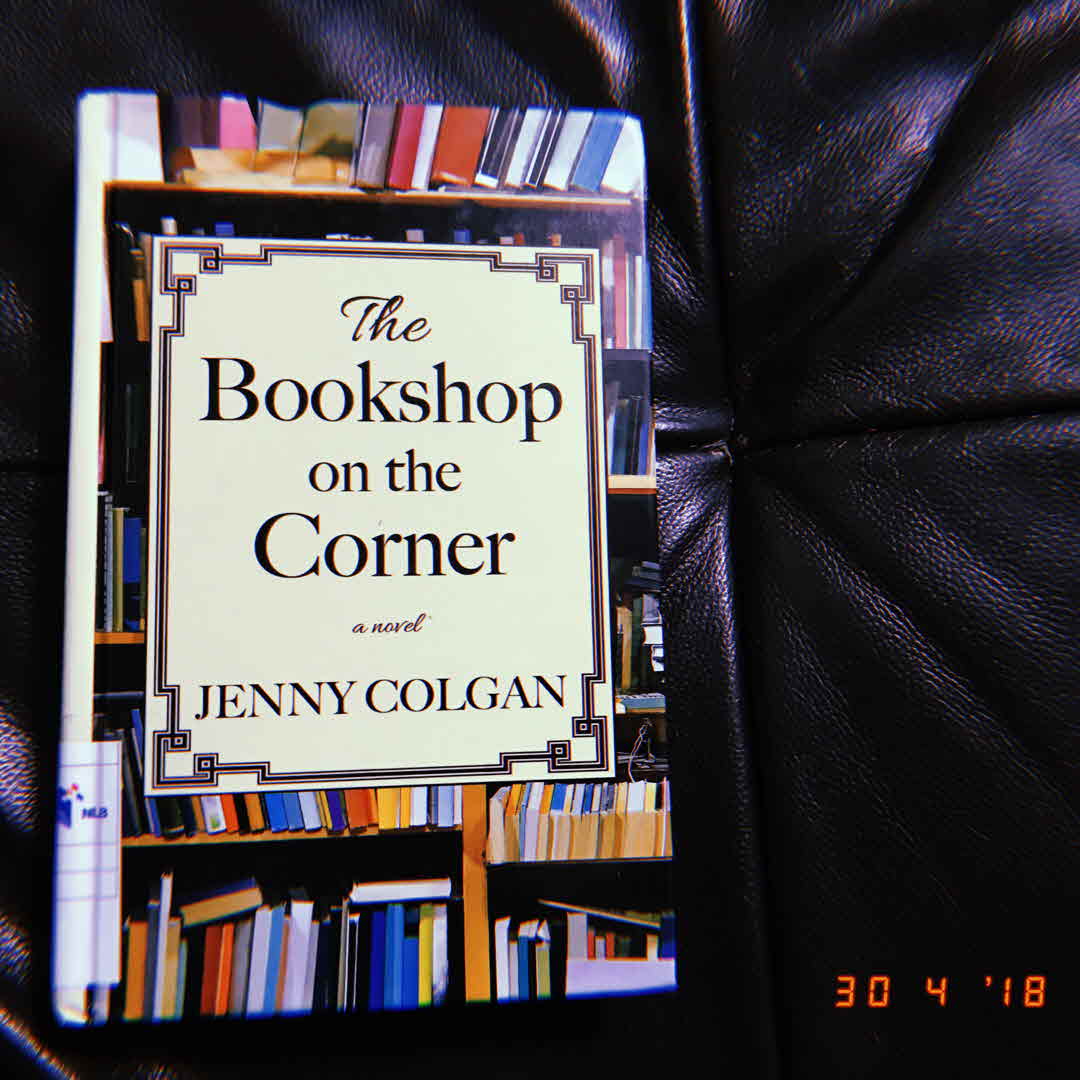
Just do something. You might make a mistake, then you can fix it. But if you do nothing, you can't fix anything. And your life might turn out to be full of regrets.
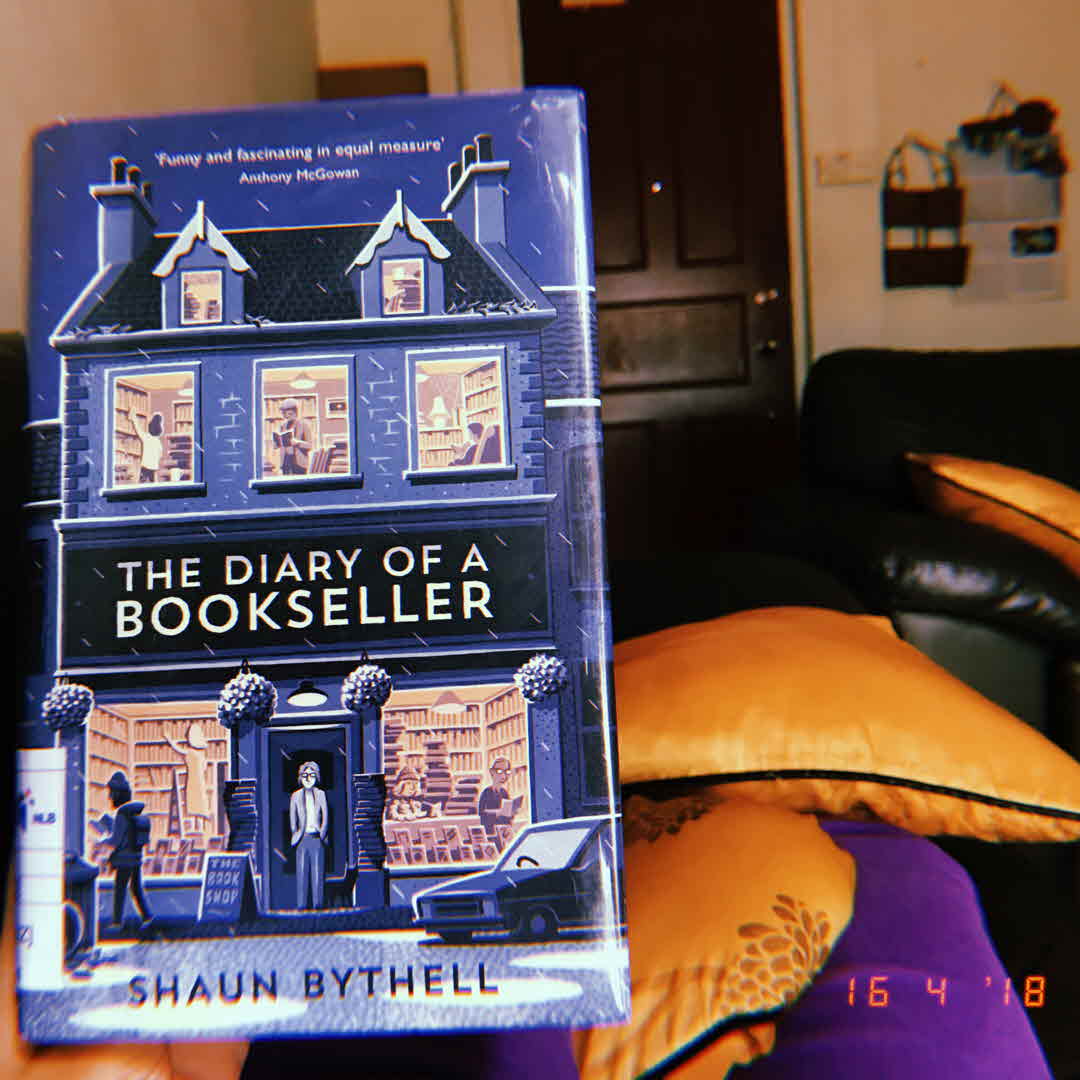
Dismantling such a book collection seems to be the ultimate act of destruction of their character - you are responsible for erasing the last piece of evidence of who they were. This woman's book collection was a record of her character: her interests, as close as anything she left to some kind of genetic inheritance.
I had no idea if he was serious or not. He seemed like the kind of person who cultivated that ambiguity - who reveled in it.
Generally I don't enjoy these kinds of people.
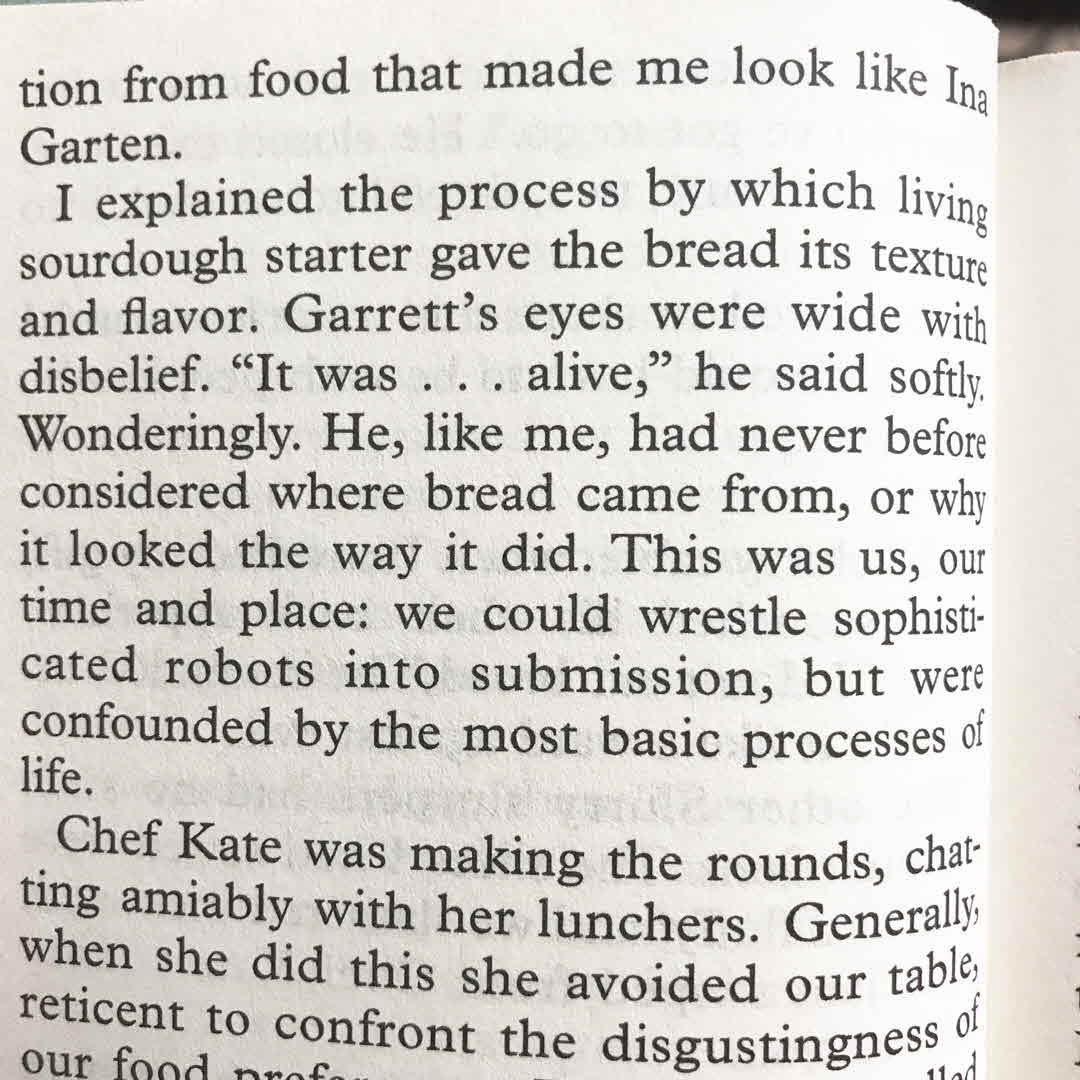
This was us, our time and place: we could wrestle sophisticated robots into submission, but we're confounded by the most basic processes of life.
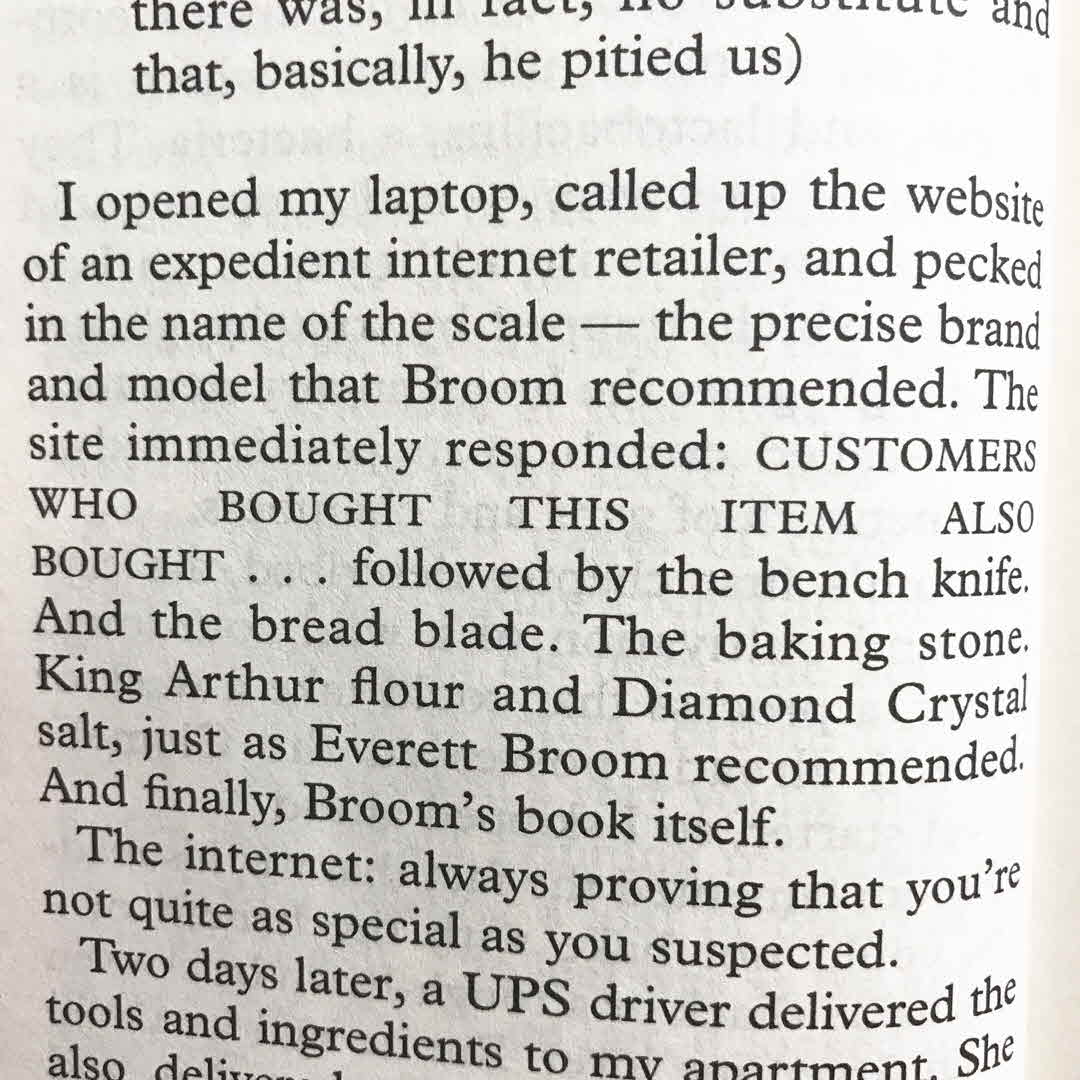
The internet: always proving that you're not quite as special as you suspected.
Repetition was the enemy of creativity, he said. Repetition belonged to robots.
We were on a quest to end work.
And it would involve: a shit ton of work.
Geographic nostalgia for somewhere you had only faint memories of was such a mind-fuck.
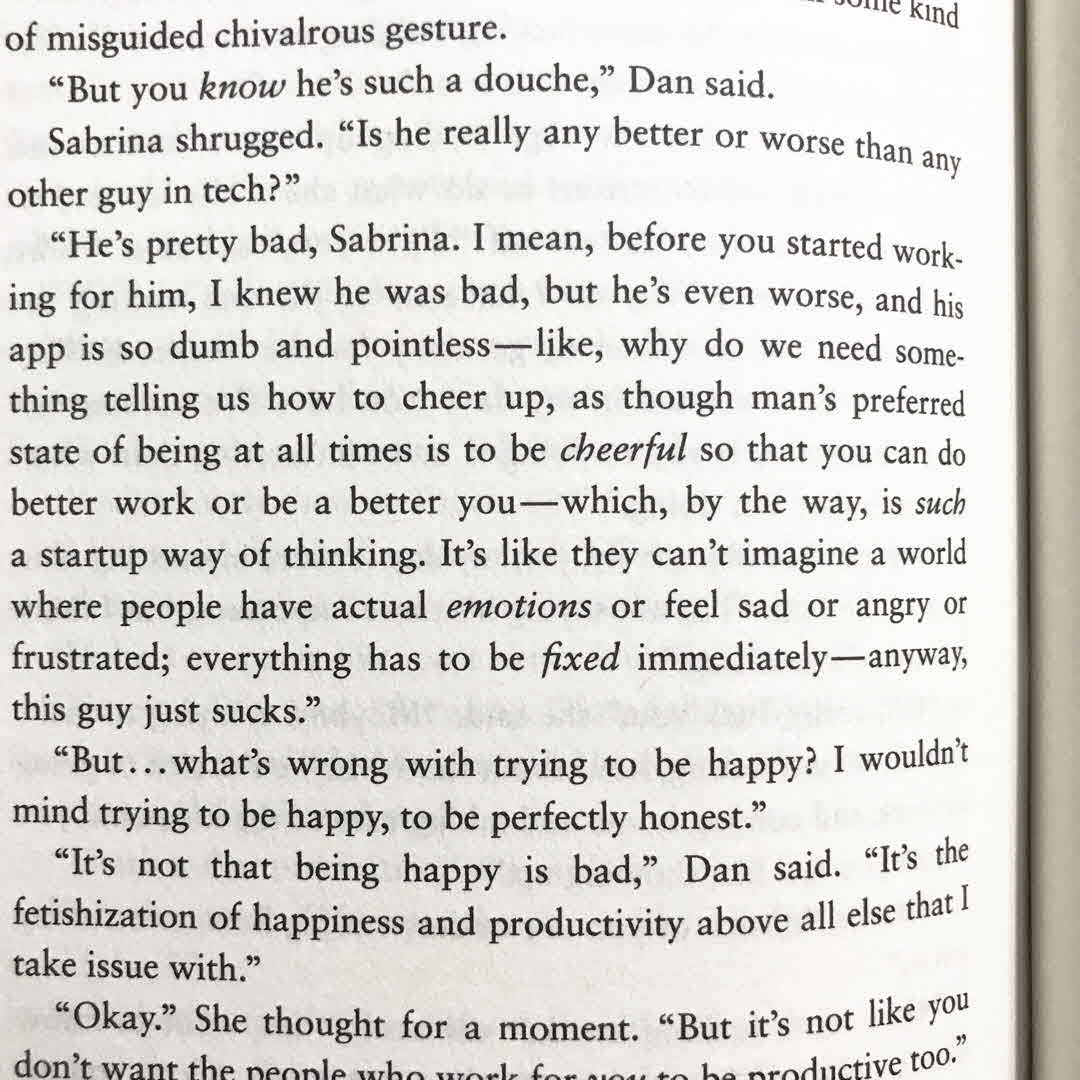
It's like they can't imagine a world where people have actual emotions or feel sad or angry or frustrated; everything has to be fixed immediately...
She also felt like there was something slightly more insidious going on, about how you were now supposed to feel like your work was your everything: where you got your paycheck, yes, but also where you got fed and where you found your social circle.
Everything had started bleeding into everything else.
Somewhere along the way, she'd lost her ambition. Somewhere along the way, it had just seemed easier to fade into the background, to become unmemorable.
When she got to the F train, she put her headphones on - she wasn't actually listening to anything, but this ensured that no one would talk to her - and closed her eyes. Even though she was surrounded by people, her commute was the only time when she felt blissfully alone.
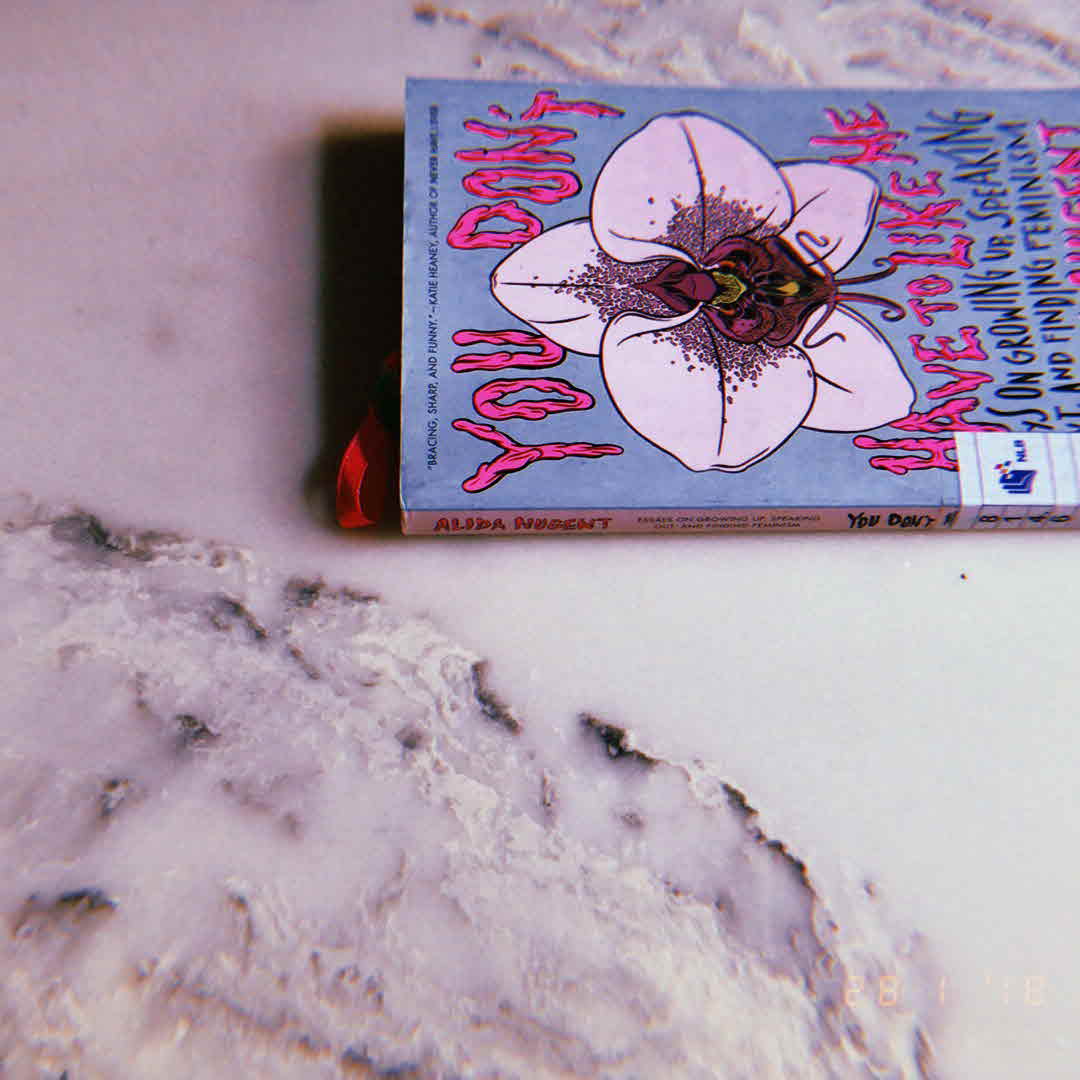
Life is weird, and sometimes you get to pay for your mistakes, and sometimes you get to realize them, and sometimes you get to redeem yourself a little bit.
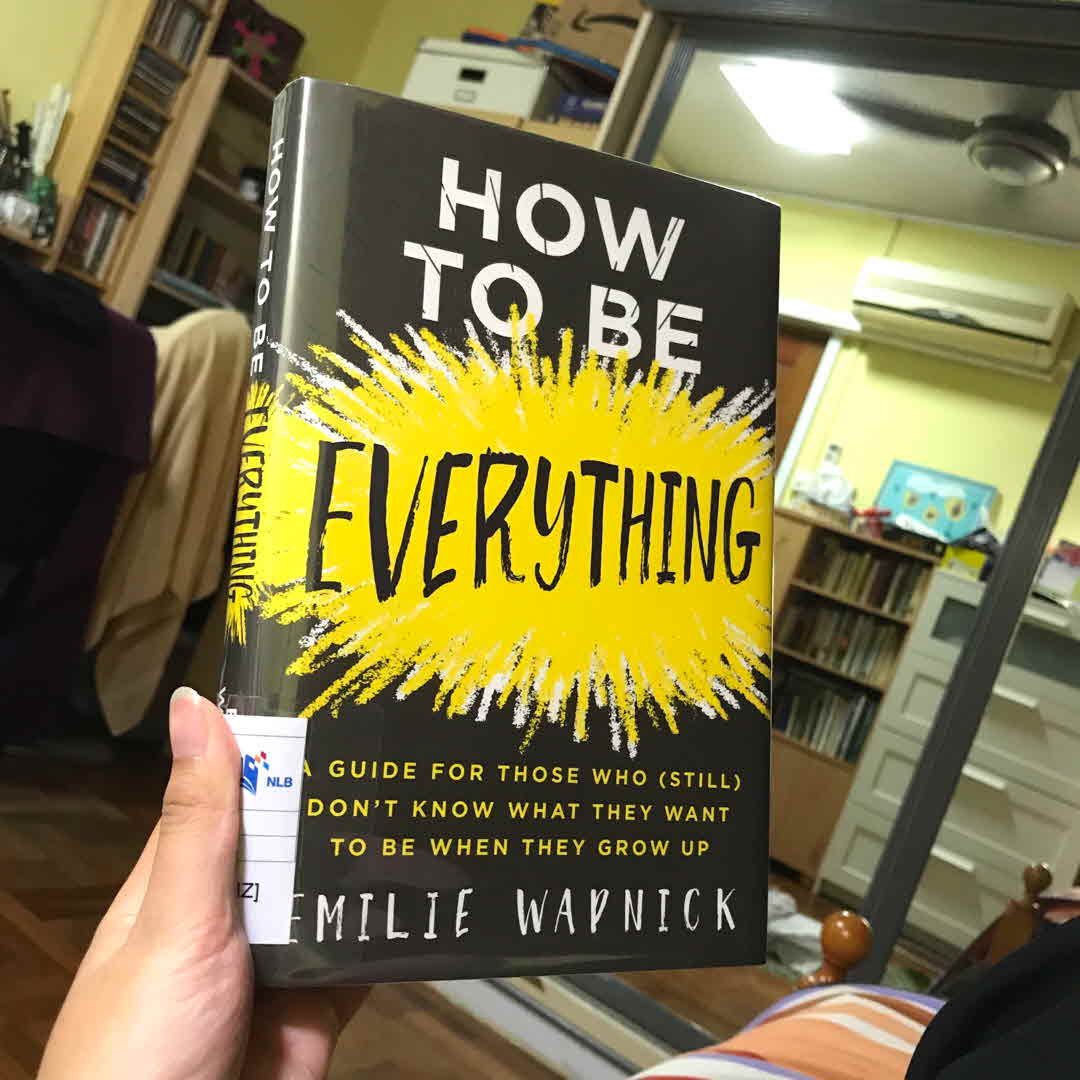
The 5 Multipotentialite powers are:
1. Idea synthesis
2. Rapid learning
3. Adaptability
4. Big-picture thinking
5. Relating & translating
🙋🏻
A specialist might go straight down any one of these trajectories to the associated career, but multipotentialites are different. We move both vertically and laterally. We apply skills beyond service of their associated career, to other disciplines, and in unusual ways.
Multipotentialites are often described as "bridge builders" or "hubs of the wheel," because of how easily we communicate with and lead multidisciplinary teams.
The right time to set the stage for a transition is when you are feeling bored. Don't wait until you are so unhappy that even thinking about work makes you feel ill.